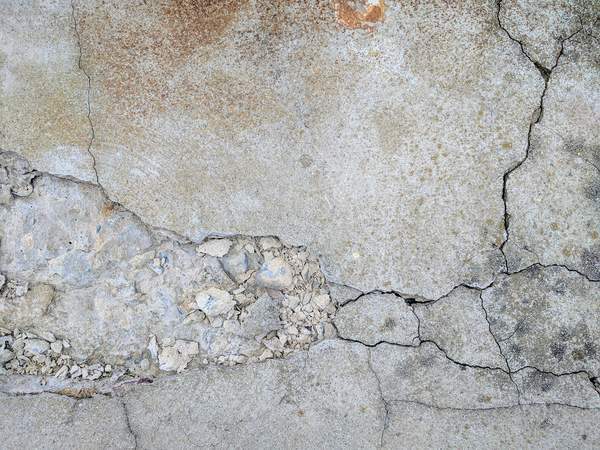Did you know that foundation issues are among the top concerns for homeowners? A strong foundation is crucial to maintaining the structural integrity of a home, and even minor flaws can lead to significant problems if not addressed promptly. Understanding common foundation flaws can help homeowners protect their investment. Our expertise in home inspections ensures that these issues are identified early, saving you time and money in the long run.
Common Foundation Flaws
Home inspectors frequently encounter several types of foundation flaws, each with its own set of challenges and implications. Recognizing these problems early can prevent costly repairs.
- Cracks: Vertical, horizontal, or diagonal cracks may indicate different underlying issues. Vertical cracks are usually less concerning, often caused by concrete shrinkage. However, horizontal or diagonal cracks might suggest soil pressure or settling issues, which require immediate attention.
- Uneven Floors: Sloping or uneven floors can be a telltale sign of foundation movement. Inspectors measure floor levels to detect subtle variations that might not be visible to the naked eye.
- Water Intrusion: Water is a foundation’s worst enemy. Signs of moisture, such as damp walls or mold growth, often point to drainage problems or leaks in the foundation. Proper grading and drainage systems are critical to prevent water damage.
Industry Standards and Regulations
Professional inspectors adhere to strict industry standards to ensure comprehensive evaluations. The American Society of Home Inspectors (ASHI) and the International Association of Certified Home Inspectors (InterNACHI) provide guidelines that inspectors follow to assess foundation conditions accurately. These standards ensure that inspections are thorough and reliable.
Practical Tips for Homeowners
As a homeowner, there are proactive steps you can take to minimize foundation issues:
- Regularly inspect your home for visible signs of foundation problems, such as cracks or misaligned doors and windows.
- Ensure proper drainage around the foundation by maintaining gutters and downspouts.
- Consider professional inspections every few years, especially if you notice any signs of foundation distress.
In conclusion, understanding foundation flaws and their implications is crucial for maintaining a safe and sound home. Regular inspections by professionals can detect issues early, providing peace of mind and protecting your investment. Consider scheduling a professional home inspection to ensure your foundation is in top condition.


Recent Comments